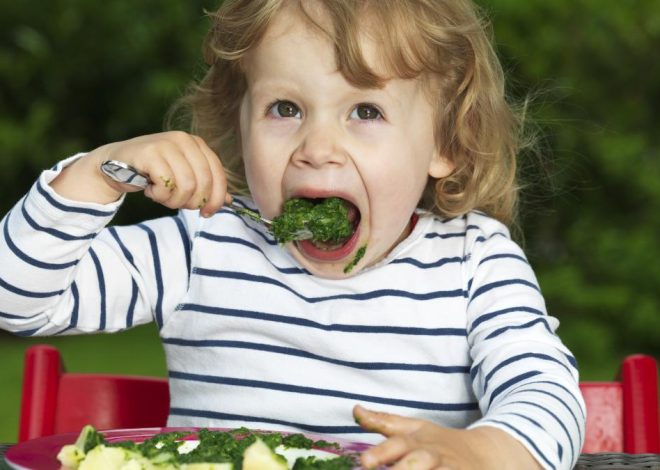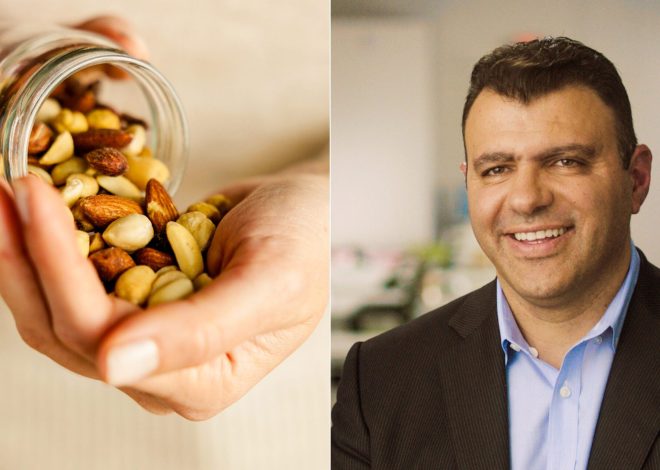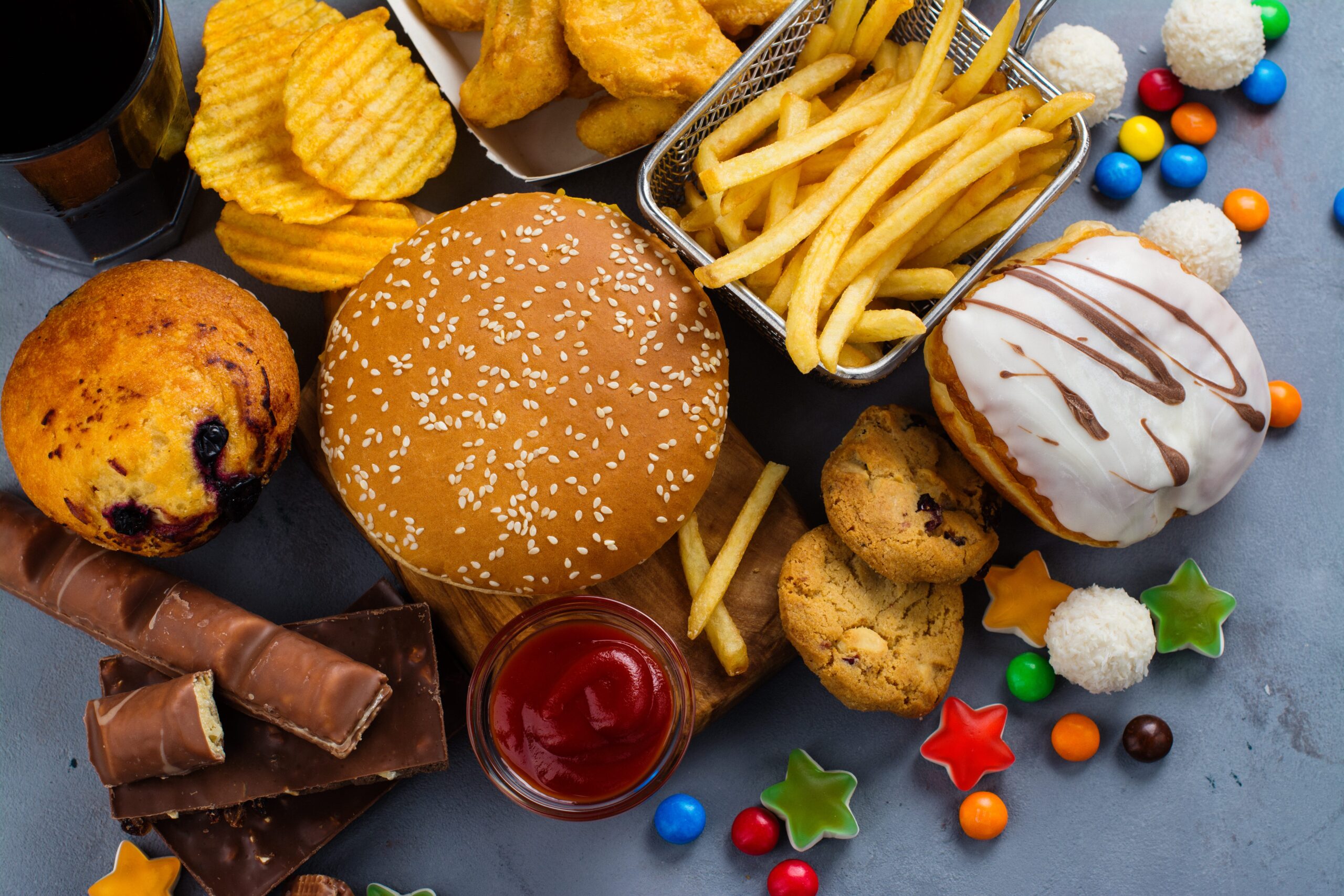
3 ultra-processed foods that are healthier than homemade
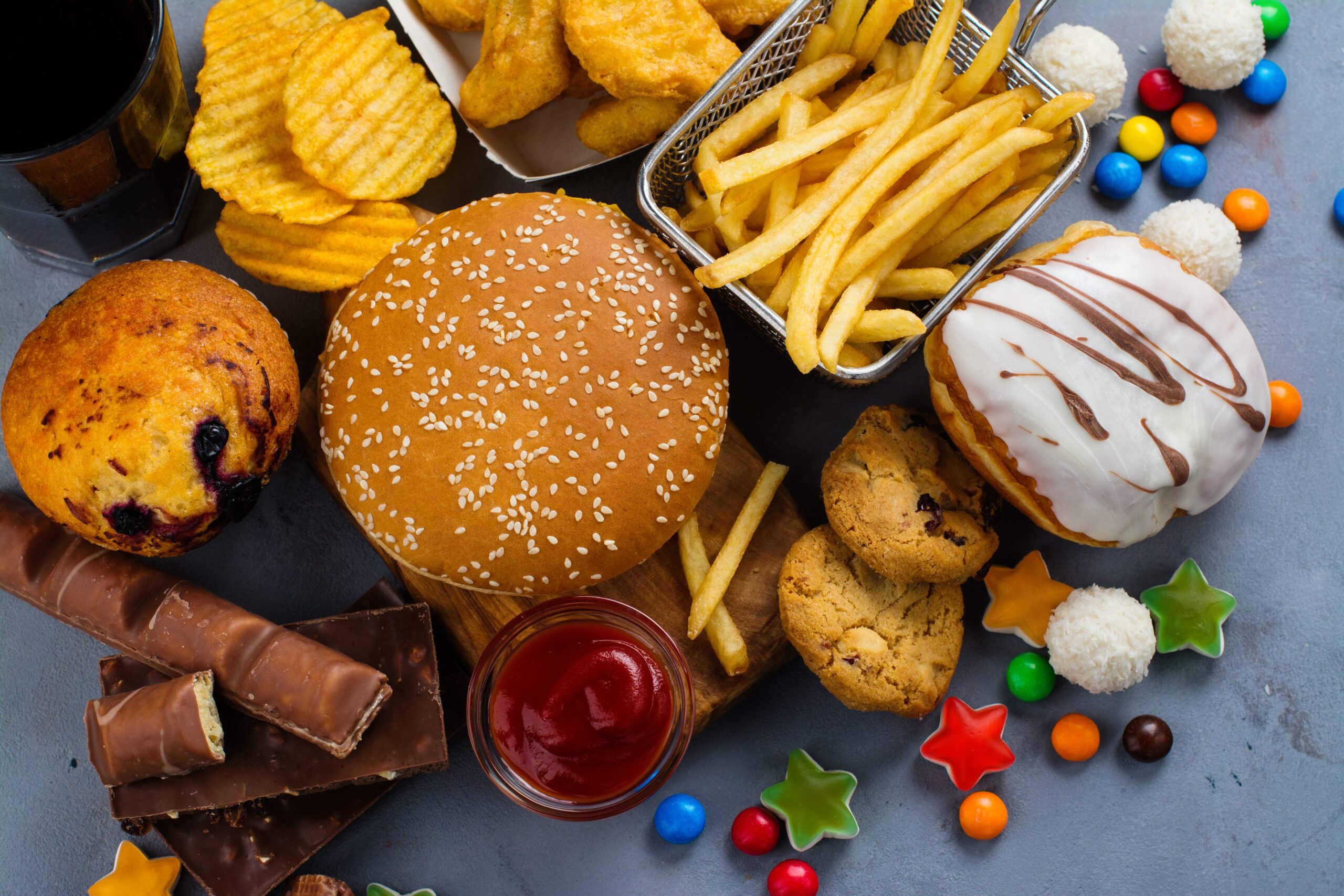
It is almost impossible to avoid extremely processed foods.
But some processed foods can be more dangerous than others.
Scientists recommend favoring whole grains such as oatmeal, vegetables and beans while reducing sugar.
If you’ve ever heard that extremely processed foods can lead to obesity and weight gain, then you’re familiar with the work of nutritionist Kevin Hall.
When experts today talk about the irrefutable dangers of ultra-processed foods, they usually don’t mention Hall’s research. He published a groundbreaking study in 2019 that he conducted at the Human Metabolism Lab at the National Institutes of Health. It was the first and only one to show us how ultra-processed foods cause people to eat about 500 extra calories a day without even realizing it.
However, Hall doesn’t prescribe or get dogmatic when it comes to healthy eating or “whole” foods and “clean” eating, unprocessed trends. He doesn’t want to get involved in that.
“I’m not going to get on my soapbox and claim to have all the answers,” Hall tells Business Insider. For now, ultra-processed foods are just a part of our modern lives, which are shaped by a vast commercial food system. About 60 percent of the American diet consists of ultra-processed foods. “If you can avoid them, that’s wonderful, but most people can’t,” Hall said of ultra-processed foods. Still, he believes we can make imperfect — but health-promoting — choices about the foods we eat.
Here are his best tips for choosing “potentially healthy ultra-processed foods.”
Don’t assume all ultra-processed foods are the same
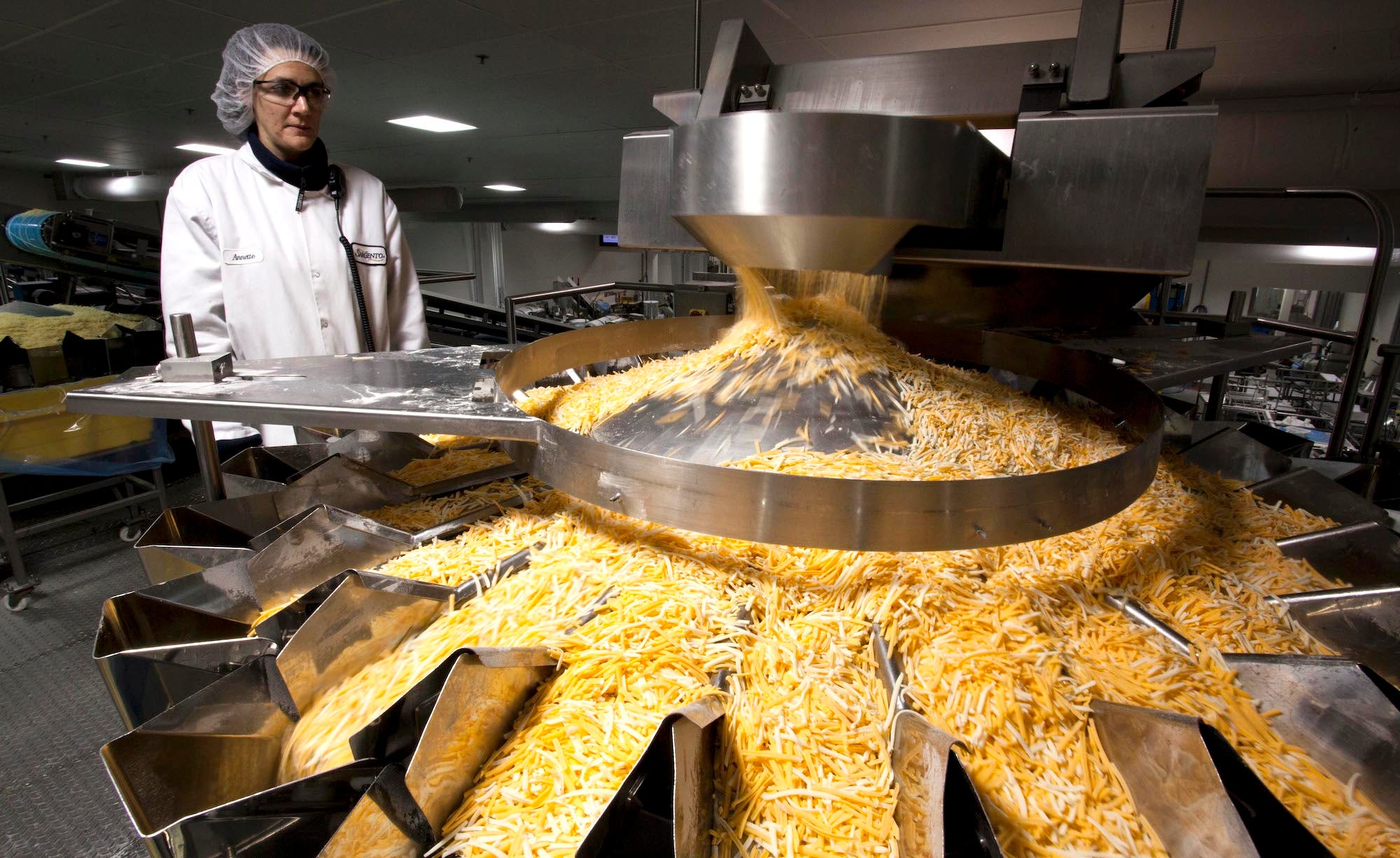
Classifying a food as an ultra-processed food technically says nothing about the nutrients in that particular food.
Scientists use a system to classify ultra-processed foods called NOVA, which was developed in 2009. The NOVA system divides the foods we eat into four basic categories based on their level of processing:
- NOVA 1: completely unprocessed products such as plants and animal products as well as minimally processed products that have not been preserved or seasoned in any way, such as freshly squeezed juices, dried herbs or unsweetened yoghurts.
- NOVA 2: The so-called ‘culinary ingredients’ are natural products that have been ground or processed to flavour foods, such as oils, syrups, honey, butter or lard, salt and corn starch.
- NOVA 3: Any food that is combined, cooked, altered, preserved, pickled or seasoned in any way. This can be anything from fresh, home-baked bread to canned beans, salted nuts, cheese or pickles.
- NOVA 4: ultra-processed foods and ready-to-eat products that can only be produced in a factory.
So NOVA is about how the food is produced, but does not take into account the composition of fat, sugar, protein, carbohydrates, calories, vitamins and fiber in a particular food.
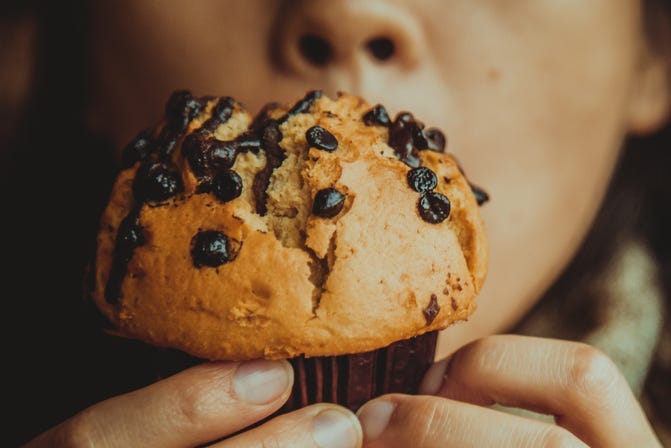
YIUCHEUNG/Shutterstock
Hall worries that if we all focus too much on categorizing foods as “healthy” and “unhealthy” based on their NOVA number, we’re missing an important point. After all, you can make a rich and irresistible ice cream at home or eat an ultra-processed stir-fry that comes in a plastic bag but is much higher in fiber and vitamins.
“Some of these NOVA 4 products contain a lot of the good and a little of the bad that we traditionally think of when it comes to nutrition,” says Hall, and I would say that they probably have a good chance of being a healthy, ultra-processed food.
While a ready-to-heat frozen meal in a bag with spinach, red peppers, chickpeas and quinoa is definitely an ultra-processed food made with stabilizers like xanthan gum, it’s still likely to be rich in nutrients. “Basically, we’re taking everything we’ve learned in nutrition science and applying it,” Hall says.
A 2024 study seems to support this dietary strategy – it suggests that ultra-processed meats, sugary drinks like soda, and sweets (desserts, sugary cereals) may be more dangerous than other ultra-processed options and are associated with a higher risk of early death.
3 things to look out for in ultra-processed foods
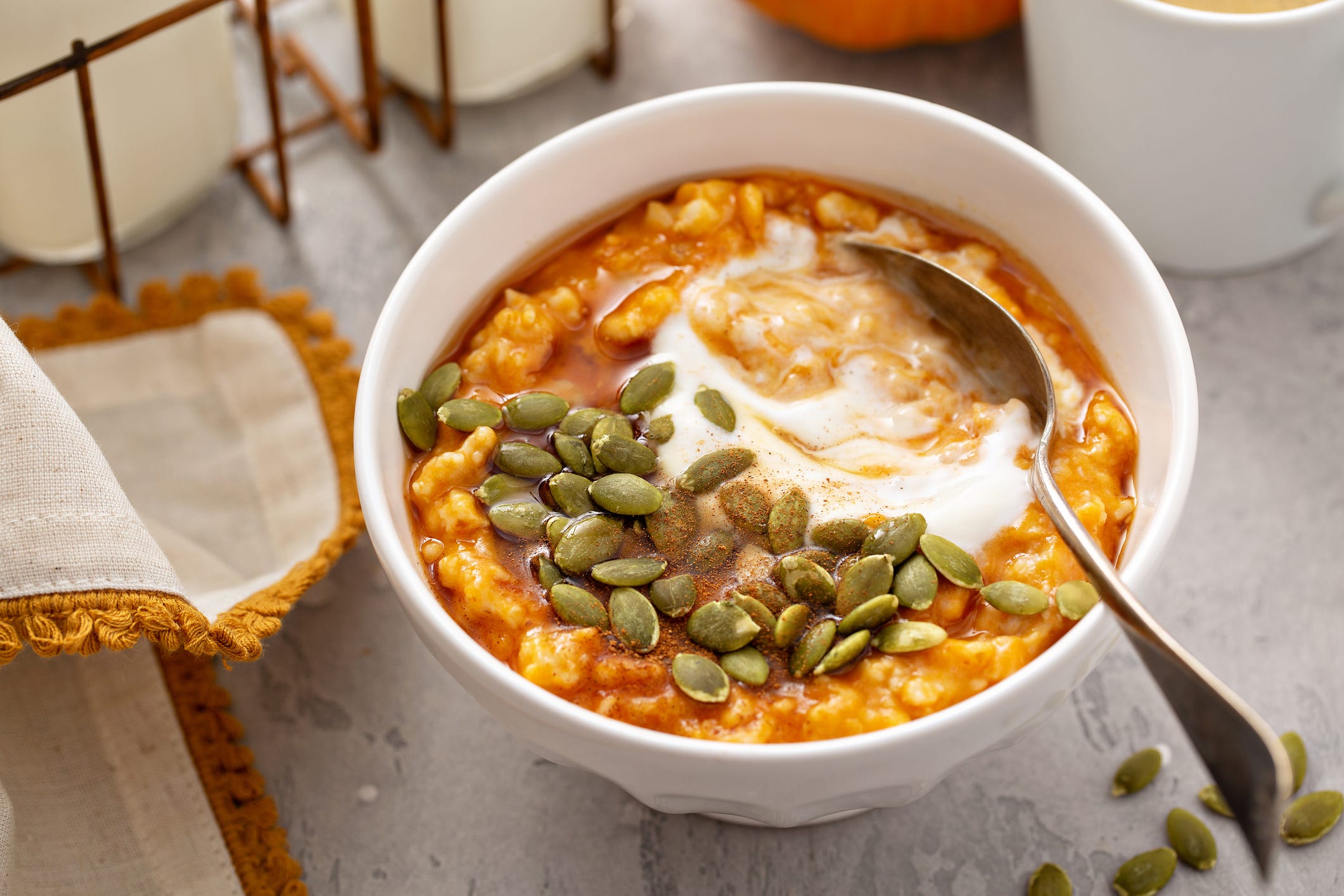
In general, Hall says, you should look for a lot of this in ultra-processed foods:
- Whole grains (e.g. quinoa, oats or brown rice)
- Non-starchy vegetables (such as broccoli, spinach or green beans)
- Legumes (including beans, lentils and peanuts)
Also avoid foods high in saturated fats, added sugars and sodium. Salt is particularly hard to avoid. It’s a convenient preservative and flavor enhancer found in many ultra-processed foods. Many of them still contain too much sodium, but you can try to choose better products,” says Hall.
Make it your mission to increase your vegetable consumption
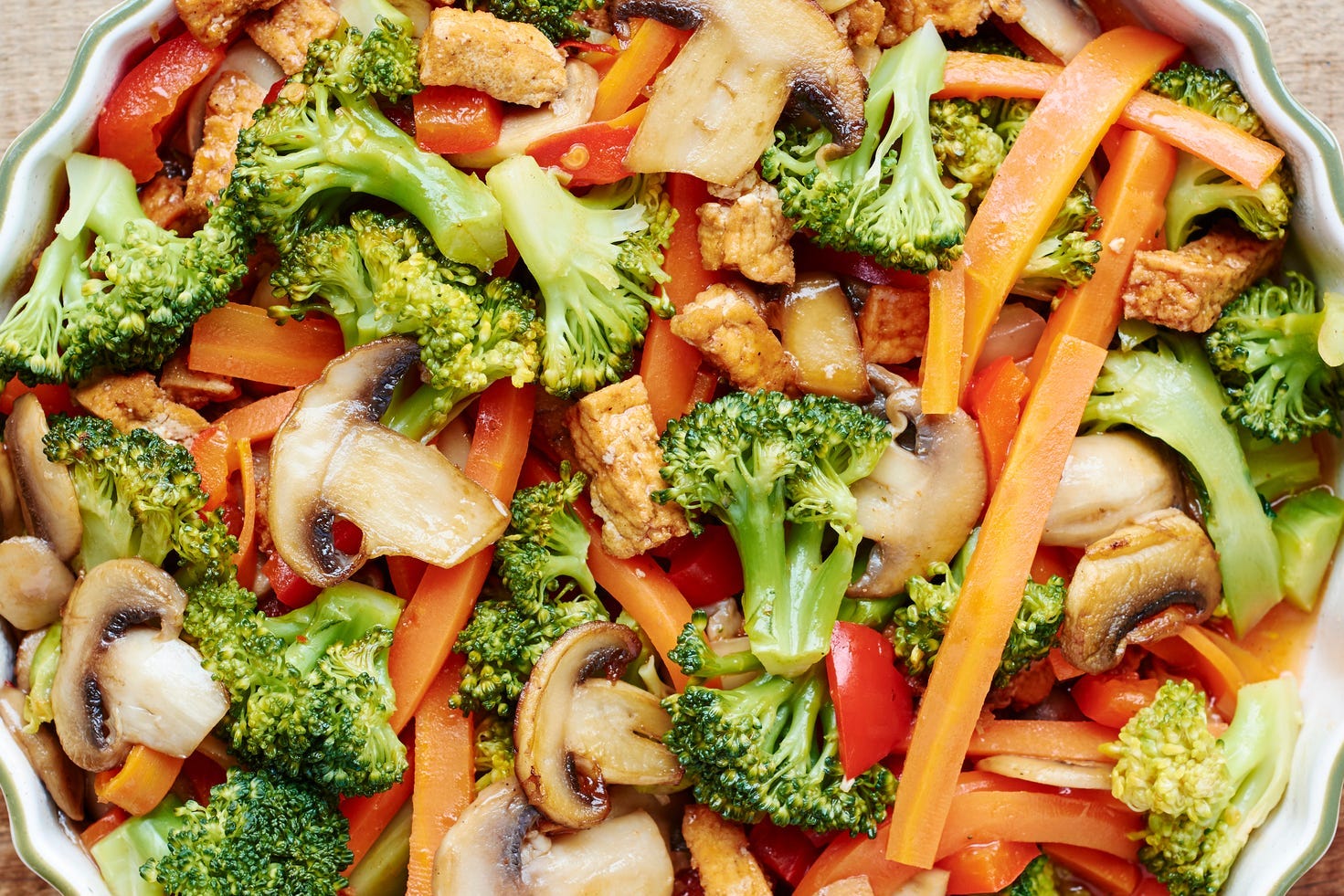
Westend61/Getty Images
A bowl of packaged oatmeal for breakfast or a protein-rich bean and cheese burrito from the freezer for dinner is far from the end of your health.
But if there is a whole food option available, go for it – and consider it a treat, a boost of nutrients that will promote your longevity.
Hall is currently studying the health benefits of adding a side salad or non-starchy vegetable to a processed meal. He suspects this might help mitigate some of the harms of an extremely processed diet. But he’s also a busy, working parent and – like so many of us – tries to do the best he can with the money, time and knowledge he has at his disposal.
“Would it be better if you had made the homemade version?” he wonders. “Maybe. It’s possible that there is some strange additive or other ingredient in that food that isn’t good for you. The science isn’t clear on that yet, but with what we know, you can still make an informed decision.”

Ethel Purdy – Medical Blogger & Pharmacist
Bridging the world of wellness and science, Ethel Purdy is a professional voice in healthcare with a passion for sharing knowledge. At 36, she stands at the confluence of medical expertise and the written word, holding a pharmacy degree acquired under the rigorous education systems of Germany and Estonia.
Her pursuit of medicine was fueled by a desire to understand the intricacies of human health and to contribute to the community’s understanding of it. Transitioning seamlessly into the realm of blogging, Ethel has found a platform to demystify complex medical concepts for the everyday reader.
Ethel’s commitment to the world of medicine extends beyond her professional life into a personal commitment to health and wellness. Her hobbies reflect this dedication, often involving research on the latest medical advances, participating in wellness communities, and exploring the vast and varied dimensions of health.
Join Ethel as she distills her pharmaceutical knowledge into accessible wisdom, fostering an environment where science meets lifestyle and everyone is invited to learn. Whether you’re looking for insights into the latest health trends or trustworthy medical advice, Ethel’s blog is your gateway to the nexus of healthcare and daily living.

